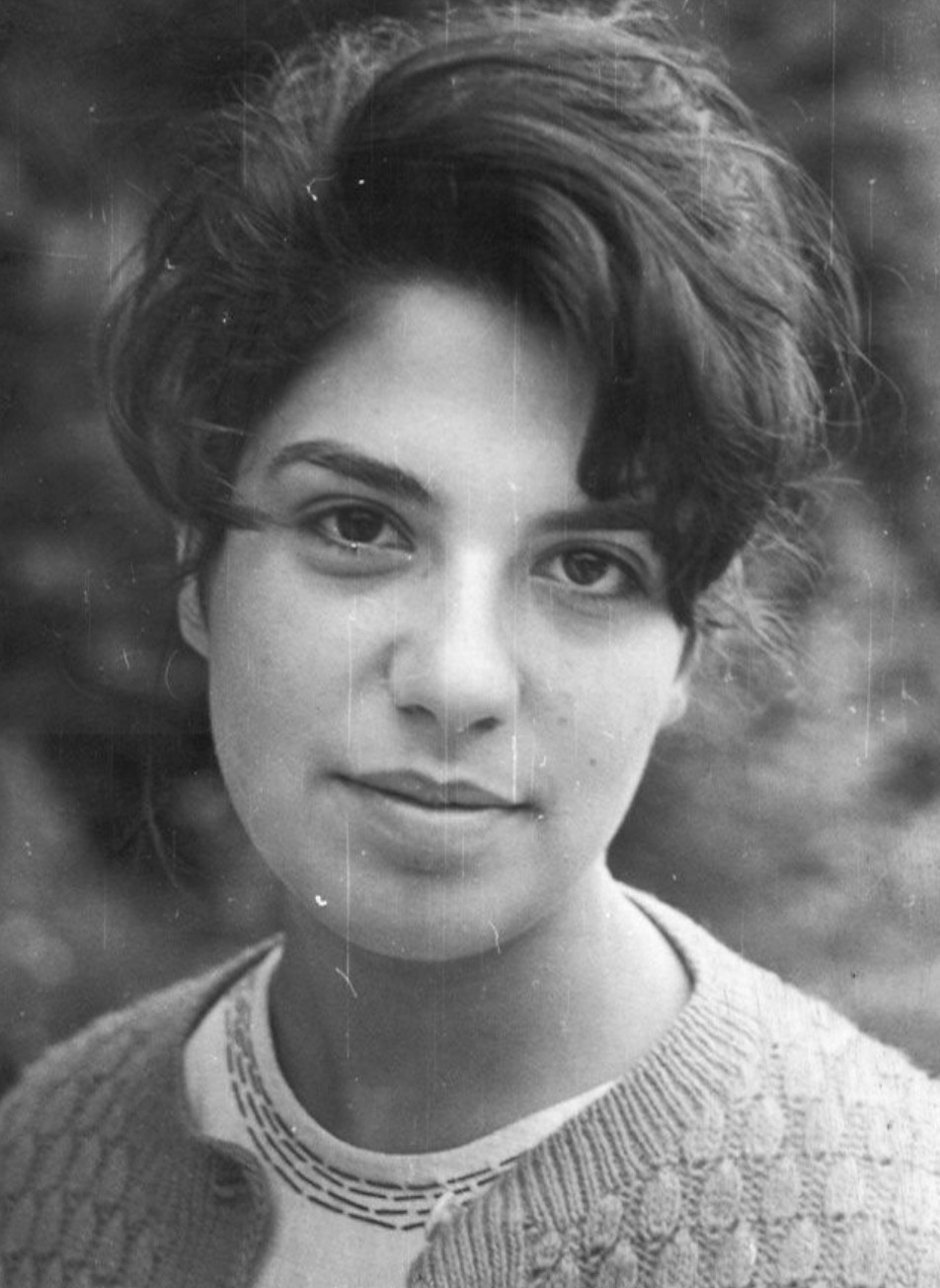Մենք մեզ զգում էինք լավ, քանի որ մեր և արտիստիկ շրջապատը, կոնկրետ նաև մեր ընտանիքը, նկարիչներ էին, ճարտարապետներ էին, բժիշկներ էին և այլն, և այլն, մենք էդ սովետական, էսպես, ճնշումը մեր վրա էդքան էլ չէինք զգում։ Ունեինք մեծ առավելություն, օրինակ, էն ժամանակ մենք ունեինք մի հատ գրադարանի օր, գիտաշխատողները։ Նու, կարող էինք աշխատանքի չգալ, համարվում էր, որ դու գնում ես գրադարան, դե գրադարանն օգնում էր։ Ուրեմն գիտաշխատողներին, ով որ արդեն դիսերտացիա էր պաշտպանել, ուրեմն, տրամադրվում էր 12 քառ․ մետր ավելորդ սենյակ, կաբինետի համար, էսպես ասած։ Մեզ ուղարկում են, եթե դու արդեն դիսերտացիայի վրա էիր աշխատում, Մոսկվա, որ դու մեծ գրադարաններ կա, ուրեմն էն ժամանակ Լենինի անվան գրադարանն էր, որ աշխատենք, գործողում էին, հնարավորություն էին տալիս։ Մենք մեզ բավականին կոմֆորտ էինք զգում կենցաղային առումով, հա։ Մյուս կողմից, մենք մեզ զգում էինք մի փոքր մտքով դիսիդենտ, քանի որ էդ շրջապատում, որտեղ որ մենք կապեր ունեինք, և չգիտեմ կային մտքեր, որը մի քիչ էն ժամանակ հնչում էր որպես ազատական, որպես ոչ սովետական, էդ նույն Սոլժենիցինի գրքեր էինք կարդում, թեկուզ Բուլգակով, թեկուզ, էն ժամանակ, էդ ոնց կլնի, որոնք համարվում էին օօօ, էդ ոնց կարելի է կարդալ և փոխանցում էինք իրար, և այլն, և այլն։ Աշուշտ, չենք եղել, համենայն դեպս, կային նաև գիտենք, հա՛, դեռ 68 թվականին եղել են խմբեր ուսանողական և այլն, և այլն, որ ակտիվ են եղել, մենք էդքան էլ դրա մեջ չէինք մտնում, բայց դրա հետ միասին էլ պիտի ասեմ, որ էլի հետ գալով էդ գաղափարին, որ ըըըը․․․ ես Ղարաբաղում եղել եմ, քանի որ մեր տղաներից մեկը, որ ասում եմ Չեռնոգալովկայում էդպես պրակտիկա կար, ուսանողներից էնտեղ ուղարկում են, աշխատում են, ասպիրանտներ շատ ունեինք, տղաներից մեկն էլ ամուսնացավ մի ռուս աղջկա հետ, աաաա, և, խնդրել ա, որ ես էլ հետը գամ հարսանիքին, որ էնտեղ իրան դիսկոմֆորտ չզգա։ Եվ մենք որ գնացել ենք Ղարաբաղ, Ղազախով ենք գնացել, Ստեփանակերտ չենք մտել, Մարտակերտի շրջան։ Եվ ինձ համար ահավոր տարօրինակ էր, երբ որ մենք ավտոբուսով անցնում էինք և փոքր երեխաները քարերով խփում են այդ ավտոբուսին, սա եղել է մոտավորապես երևի 88, նյետ, 85-84 թվականները, նման բան կար։ Ու ինձ դա շատ զարմացրեց։ Եվ երբ մենք հասանք Մոխրաթաղ գյուղ, ու իրանք մեզ պատմում են, կիսվում են, որ գիտե՞ս ինչ, հա՛ ստեղ լավ ա ամեն ինչ, կարող ես երկրորդ դեմք լինել, բայց երբեք առաջին դեմք չես կարող լինել։ Մեկ ա, չնայած մենք մեծամասնություն ենք, բայց այդ ճնշումը մեզ վրա կա, ու նույնիսկ դեպքեր են պատմում, երբ էր՝ չգիտեմ, ինչ էպիզոդներ են տեղի ունեցել, նույնիսկ բռնության հասնող դեպքեր են եղել, և այլն և այլն։ Այ երբ որ մենք արդեն այ էս շարժումն սկիզբ առավ, այ էդ էլ հիշեցինք։ Էդ էլ կամաց-կամաց, էդ հենց ընենց չի, էս մարդիկ լավ կյանքից չի, որ դա ասում են, դա իրենց համար կյանքի հարց է, դա կարևոր էր, որ ըըըըմ էս մեր ուրիշ, տենց ասեմ, երևանցի մեր աշխատակիցները և մեր Ղարաբաղից աշխատակիցները նույն ինստիտուտում մենք կարողանայինք էդ կոմպրոմիսը գտնենք, հա։ Ո՞նց անենք, որ նաև էն հաշվի առնենք, էն հանգամանքը, Էս հանգամանքն էլ բաց չթողնենք, որ անկախության և Ղարաբաղի ազատագրման գաղափարները իրար հետ չբախվեն, չտանեն փակուղի, ո՞նց անենք, որ կարողանանք դա հարմոնիկ ձևով միացնենք էս երկուսը։ Նու մոտավորապես սենց բան։ Բայց, համենայն դեպս, էսպես հակասովետական շարժում, որ ասեմ, մինչև Գորբոչովը, մասսայական չի եղել։ Եղել են առանձին խմբեր, եղել են, անշուշտ, քաղբանտարկյալներ, մեր Վարդան Հարությունյանը, Պարույր Հայրիկյանը, ուրիշներն ել, հա՛, որ իրոք եղել են դիսիդենտներ, բայց դա զանգվածային բնույթ չի կրել, եղել է առանձին-առանձին, բայց իրենց դերն էլ շատ մեծ է էդ ամեն ինչի մեջ, իրենց փորձն էլ շատ պետք եկավ։












